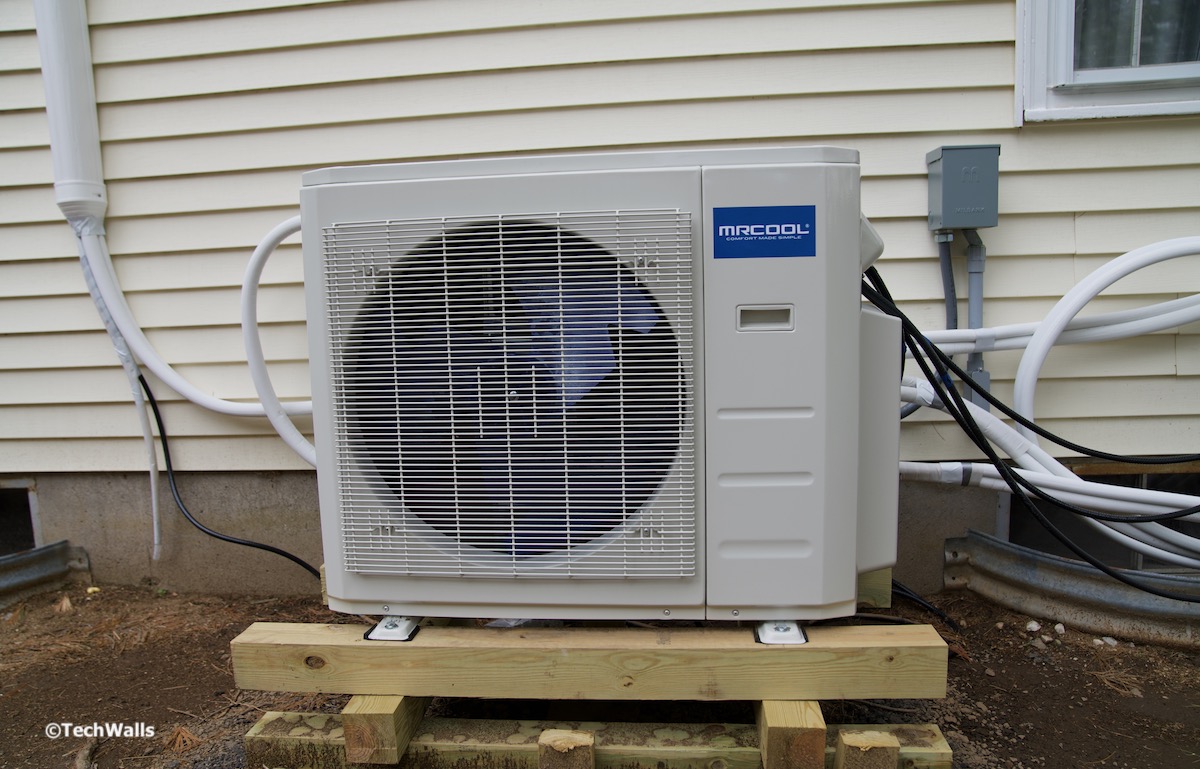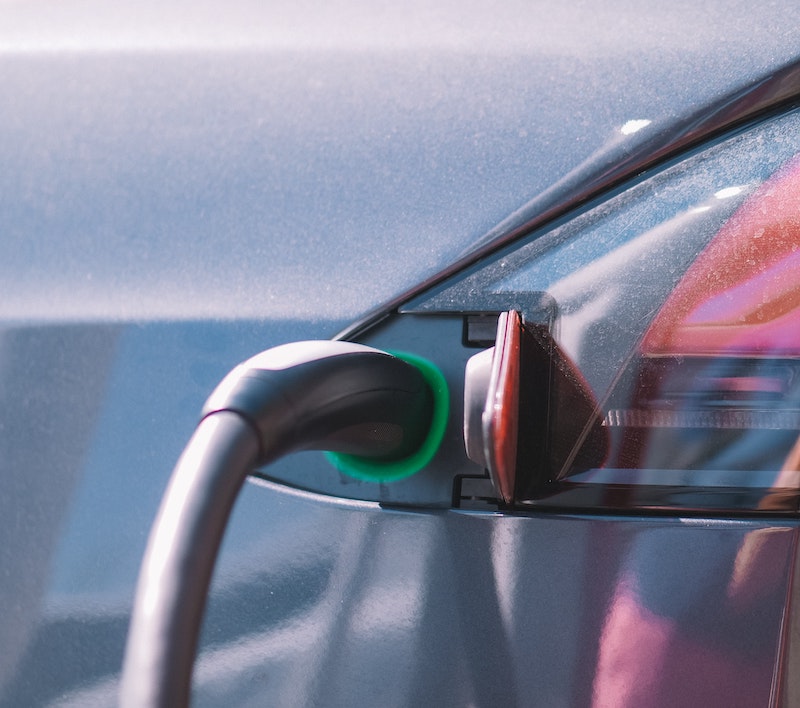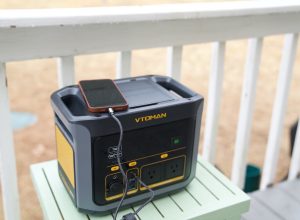Many homeowners are considering going all-electric with the installation of an EV charge, switching from traditional heating systems to electric heat pumps, and upgrade to a heat pump water heater. However, this raises questions about if the current electrical systems can handle these new loads. Specifically, many wonder whether a 200-ampere electrical panel can support the demands of new heat pump systems while also charging an electric vehicle.
Understanding Electrical Panel Capacity
A 200A electrical panel is designed to handle a substantial electrical load, suitable for most households with multiple appliances, including large appliances, heat pumps, and EV chargers. The capacity of these panels is generally sufficient for new homes and those with updated electrical systems. However, that doesn’t mean the panels can always provide enough power for your usage.
Heat Pump Considerations
Heat pumps vary in their power requirements based on size and efficiency. A smaller, more efficient heat pump may require less electrical power, potentially within the capacity of even a 100A service, whereas larger, less efficient models will demand more power. You should do your own research and consult the specific power requirements of the heat pump model being considered and ensure it is compatible with your electrical capacity. For instance, I have a heat pump water heater installed on a 30A circuit breaker and a MRCOOL 3-ton heat pump on a 40A breaker.

EV Charging Requirements
Electric vehicle chargers also vary in their power demands. Standard Level 2 home chargers typically require a 240-volt circuit and can draw between 16 to 50 amps, depending on the charger and vehicle model. The capacity required for an EV charger should be added to the home’s overall electrical demand to determine if the existing panel can accommodate it.
For instance, Tesla recommends a 60-amp circuit breaker for 48-amp maximum output for most of their models. Their Wall Connector can be installed with lower-amperage circuit breaker (15, 20, 30, 40, 50 amps), however, you will have to sacrifice the charging speed.

Evaluating Your Current Electrical Load
Before adding significant new loads like a heat pump or an EV charger, homeowners should assess their current electrical usage. Homes with older 100A to 150A panels may be near their capacity with existing appliances and systems. In these cases, adding a heat pump and an EV charger could require an upgrade to a 200A panel to handle the increased load safely. In my situation, I have one Tesla, a heat pump water heater, and a heat pump; If all of them run at the same time, they could potentially draw a 130A current. Obviously, a 200A or higher panel is recommended if you plan to fully electrify.
Upgrading Your Electrical Panel
If an upgrade is necessary, transitioning from a 100A to a 200A panel involves replacing the service entrance cable, the panel itself, and possibly the system’s grounding. This work should be done by a qualified electrician and can vary in cost based on the complexity of the installation and local labor rates. In my case, the total cost was about $2,700 before tax credits.
Upgrading to a 200A panel provides several benefits beyond accommodating a heat pump and EV charger. It increases the safety and efficiency of your home’s electrical system and adds value to your property. Moreover, it prepares your home for future electrical demands, whether from additional appliances, a home theater, or other electric vehicles.
Alternative Solutions: Smart Electric Panels
For those facing constraints with traditional upgrades, smart electric panels offer a modern solution. These systems manage your home’s electrical load dynamically, preventing overload by adjusting how and when appliances use power. This technology can be particularly useful for managing the simultaneous demands of a heat pump and EV charger without exceeding the panel’s capacity.
Conclusion
A 200A electrical panel should generally be sufficient to run a heat pump and charge an EV, particularly in newer homes with updated electrical systems. However, individual circumstances vary based on existing electrical loads and the specific requirements of the appliances being added. Homeowners should evaluate their current electrical usage, consult with a licensed electrician, and consider the potential benefits of upgrading their electrical panel or adopting smart panel technology to ensure a safe and efficient transition to more electric-intensive living.
Disclosure: We might earn commission from qualifying purchases. The commission help keep the rest of my content free, so thank you!



